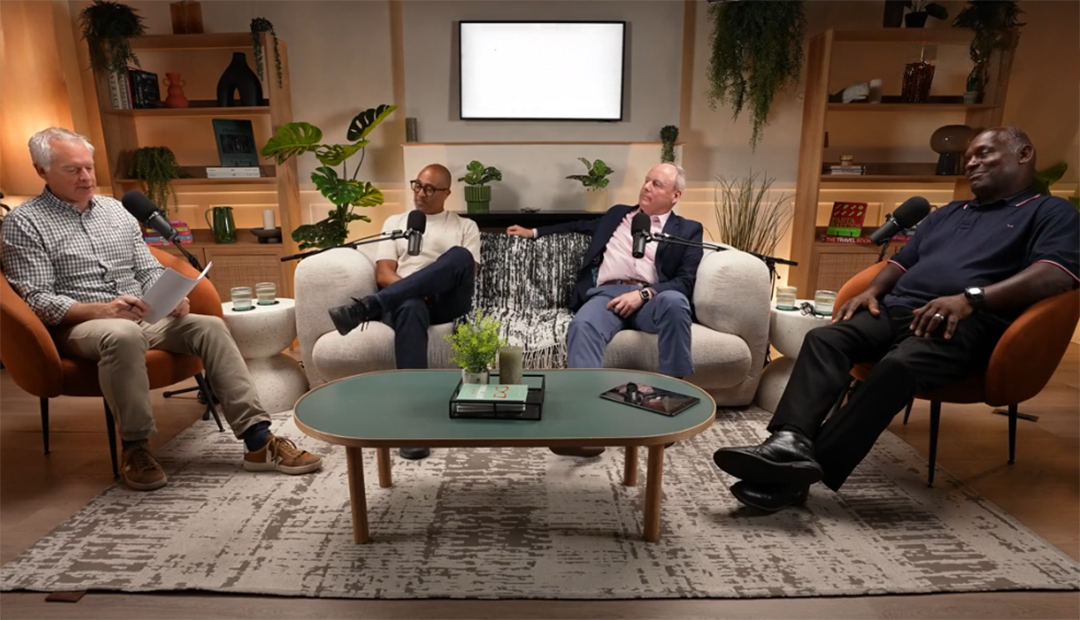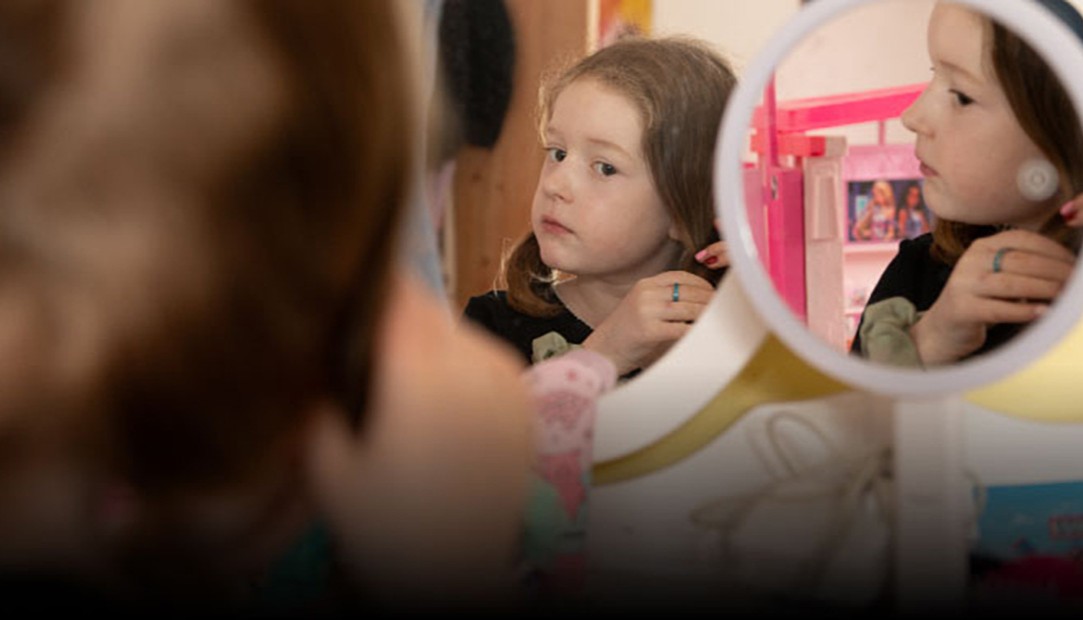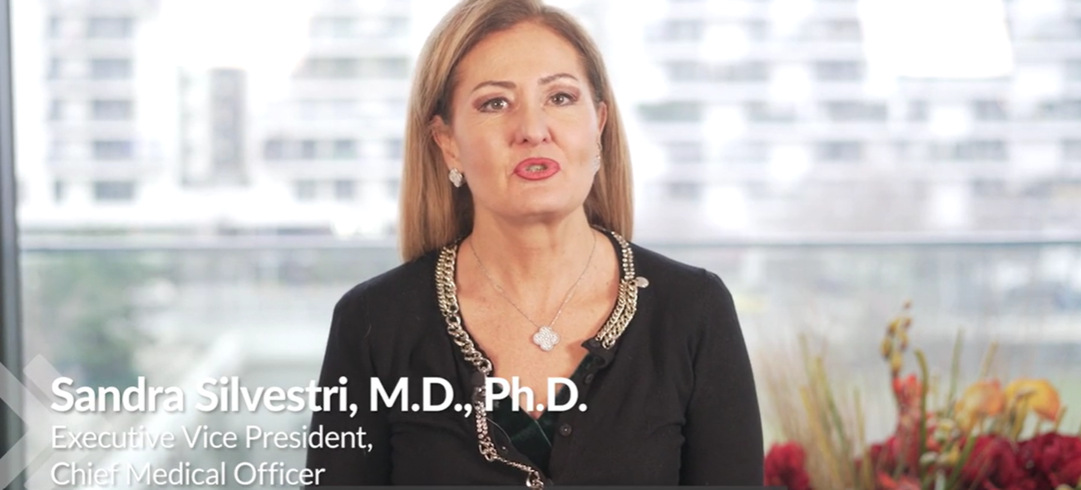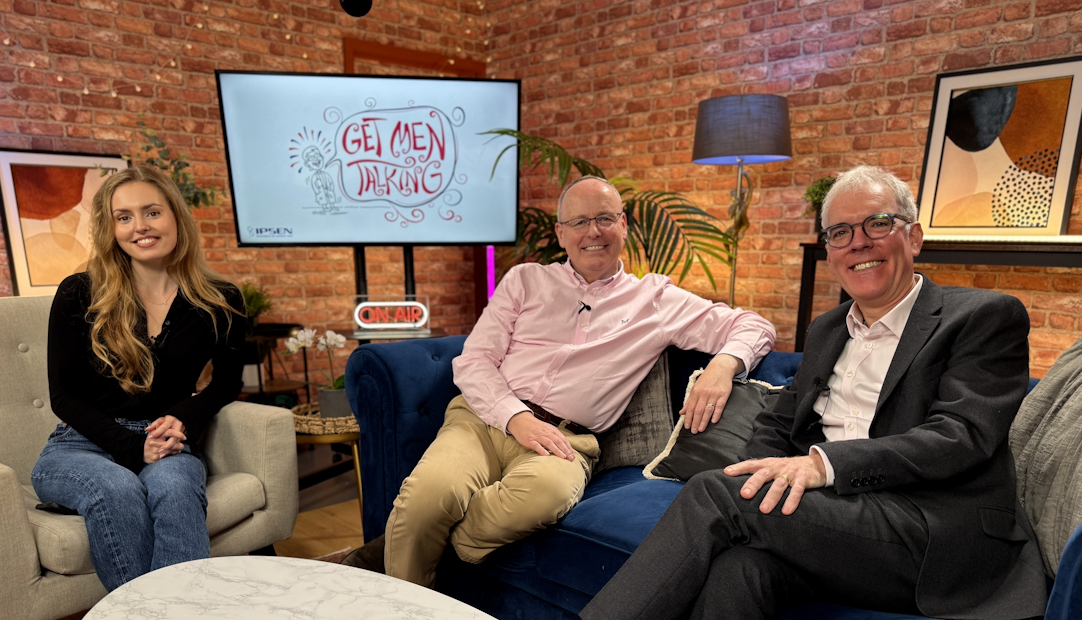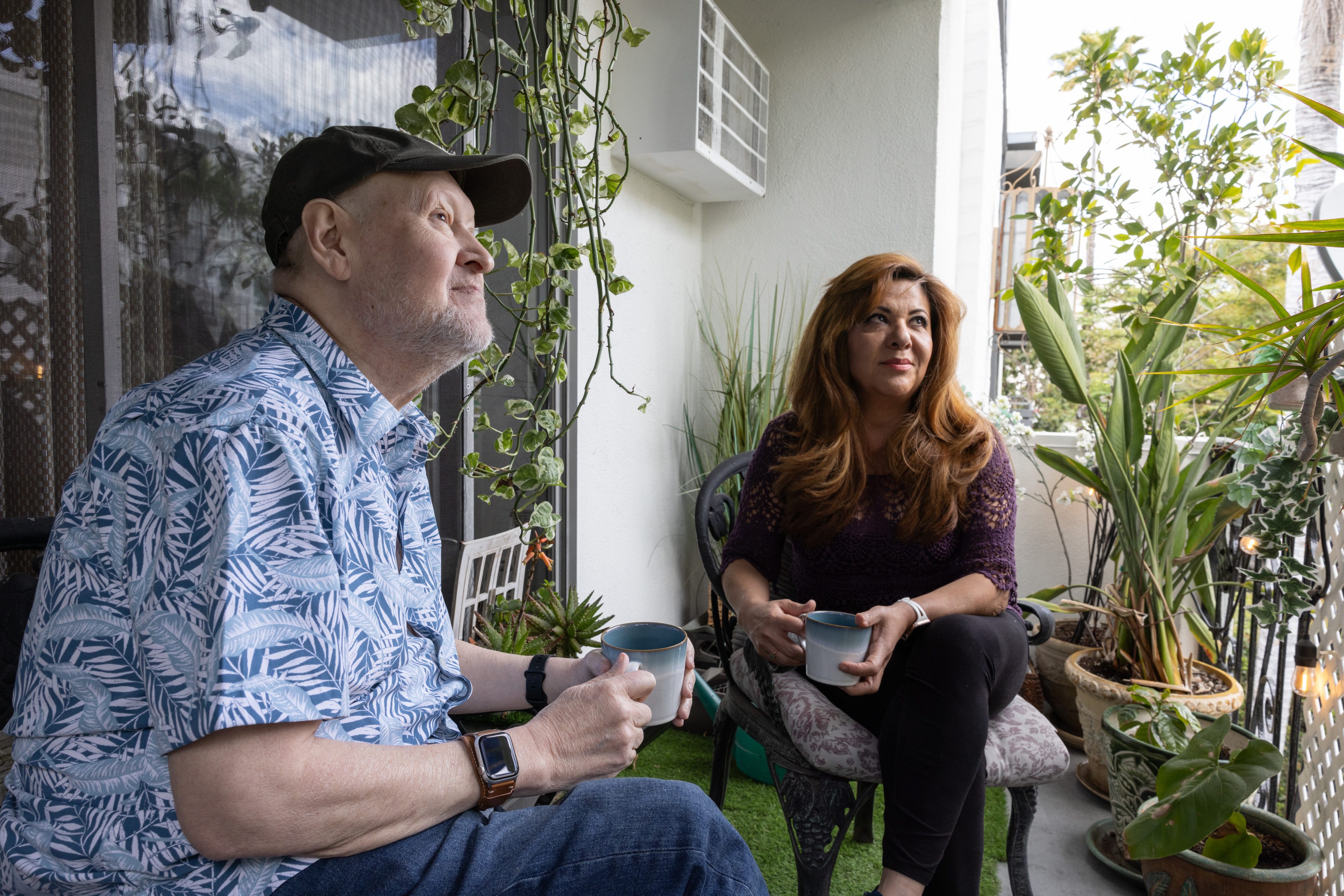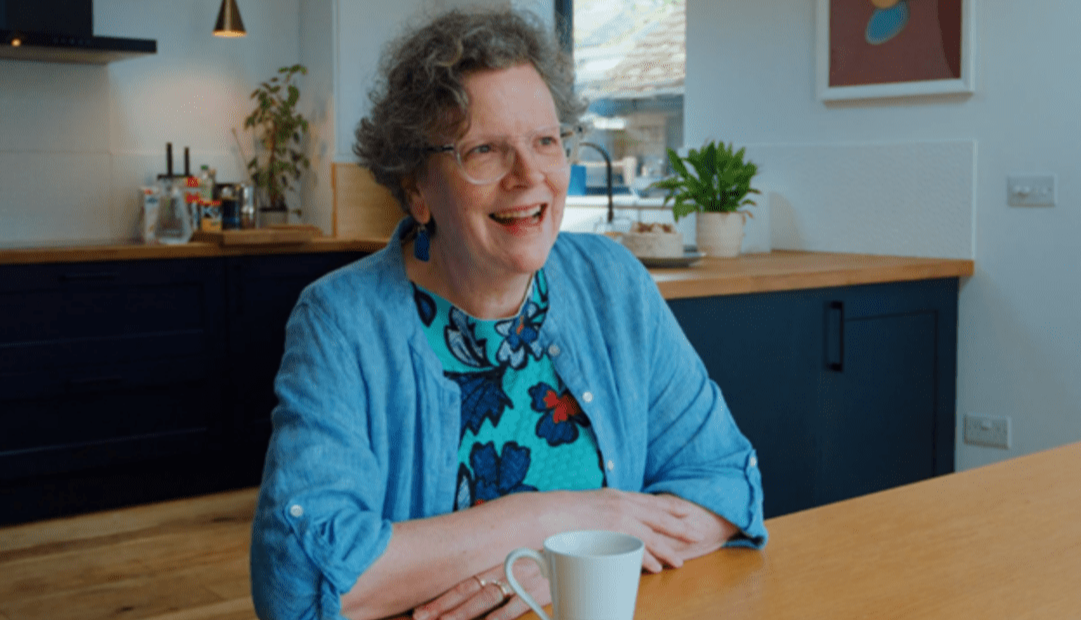Empowering people with RCC to take more active roles in their treatment and care decisions
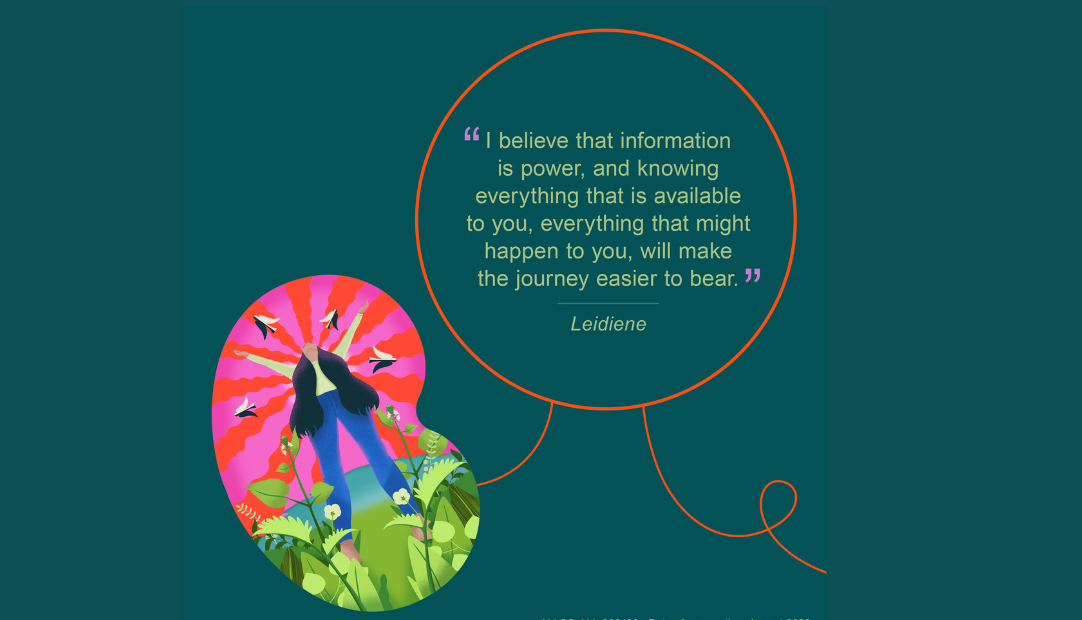
Despite evidence suggesting that involving people living with renal cell carcinoma (RCC) in treatment decisions can increase their overall survival and quality of life, there can be challenges to routinely embedding the Shared Decision Making (SDM) approach into practice.
To help address this issue, we partnered with the International Kidney Cancer Coalition (IKCC), one of the leading global patient associations in kidney cancer, people living with RCC and healthcare professionals on Together for Kidney Cancer, a global initiative to raise awareness of the importance of empowering people with RCC to take more active roles in their treatment and care decisions.
First, we captured insights from people living with RCC about the benefits that shared treatment decisions can bring to them, healthcare professionals and healthcare systems. We also spoke to healthcare professionals with an active interest in SDM and went through scientific literature to ensure insights were also accompanied by a robust evidence-base.
Steve who lives with RCC said: “When I was first diagnosed with RCC, the loss of control over my future was huge. I believe anything we can do to bring people into the treatment conversation after diagnosis is key to helping them feel in control. Shared decision making is about having open communication with your healthcare provider and being included and informed throughout your treatment. Even if there is only one treatment option available, a shared decision-making approach means that you’re able to understand what’s happening to your body and you can feel empowered with that knowledge.”
Consultant urologist at St. Antonius Hospital in Nieuwegein and Utrecht, the Netherlands, Dr Harm van Melick, added: “The traditional method of simply telling a patient that they must do something based primarily on clinical evidence and outcomes does not account for their needs and wishes as a person living with the disease. Different treatment options can impact a person’s life in a variety of ways, and we should not make the ultimate decisions for them. Shared decision making still includes healthcare providers as experts to help inform, educate and make sense of the complex management of the disease. However, people living with RCC are experts on their own bodies and disease experiences – it’s important that we remember that.”
We then spoke to healthcare professionals visiting Ipsen’s interactive booth at the European Society for Medical Oncology (ESMO) congress, to hear their thoughts on the barriers to involving patients in treatment decisions and how these could be overcome. So far, we have activated paid-for and targeted social media campaigns and editorial to reach patients, advocates and healthcare professionals with an interest in this topic to share our learnings and help to influence wider adoption of SDM in practice.
This ongoing awareness raising initiative is driving patients and healthcare professionals to have more meaningful conversations about treatments and care options in RCC.
Dr Rachel Giles, Chief Executive Office of the International Kidney Cancer Coalition said: “Shared decision making is defined as an approach where clinicians provide the best possible information to their patients and then the patients consider their own, say, values and preferences in choosing the right approach for them. Patients want honesty. They want to be told what’s also not possible. They want to be told what is possible and importantly, they really want to cooperate with their team to come to the best possible outcome.”



